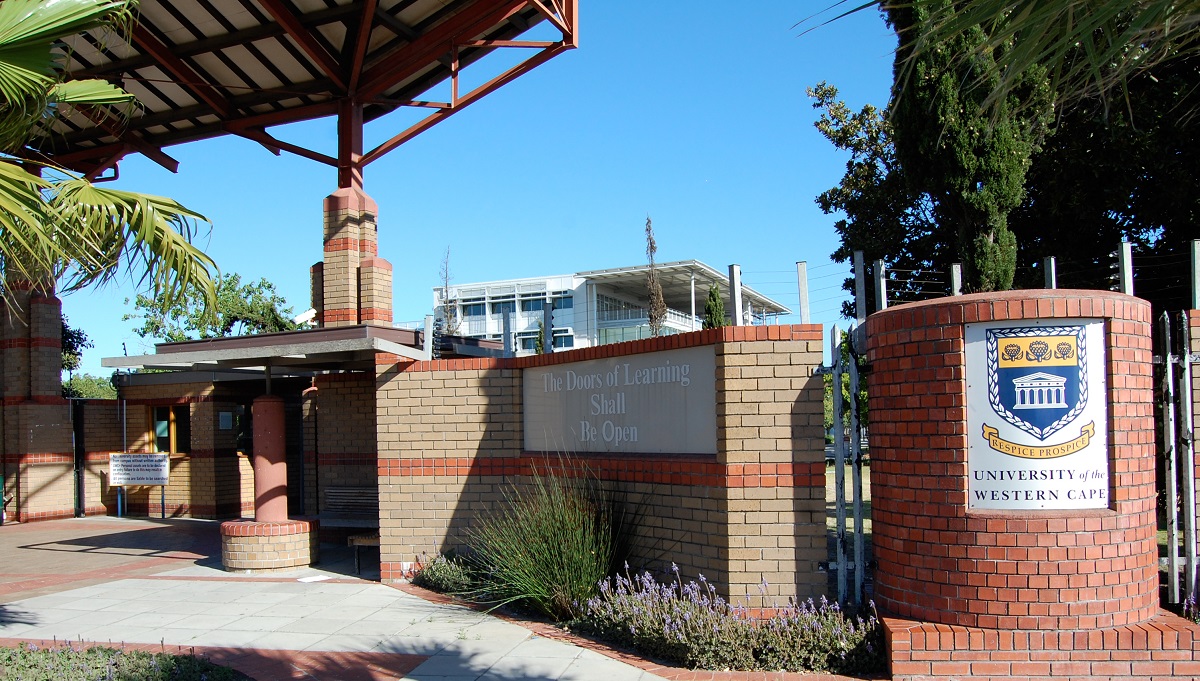Ricardo Covele Published in Journal of Comparative & International Higher Education

Ricardo Covele is an admitted doctoral student in CHEPIS - a Higher Education Organization Studies programme where KTH collaborate with University of Eduardo Mondlane, Mozambique and University of Western Cape, South Africa (SIDA). Within this project he visits the Division a few month per year to be a part of our research environment. Ricardo was recentely published with the article "An Analysis of the Use of English Language for Career Development in African Higher Education".
The focus of CHEPIS is to strengthening African higher education research and expertise through establishing dual Doctoral and Post-Doctoral programme in higher education, policy and innovation studies. The doctoral students are admitted both to programmes at their home universities and programmes at KTH. At the Division we have Araujo Domingos and Domingos Langa admitted to our programme, and Ricardo Covele together with Ivete Nhamtumbo as visiting doctoral student a few months each year of their education.
An Analysis of the Use of English Language for Career Development in African Higher Education - The Case of Two Mozambican Flagship Universities (open access)
Ricardo Pinto Mario Covele, University of the Western Cape
Abstract
Although the internationalization of higher education through the standardization of English language is considered progressive, unfortunately, for Lusophone universities it remains a deterrent for scholars’ career progression. The evidence of lived experiences in Mozambican universities suggests that the relationship between English language competence and professional status remains inconclusive. The study explores the impact of English language for career development in two Portuguese language-speaking universities, namely Eduardo Mondlane and Catholic universities in Mozambique. Case study design, purposive sampling, semi-structured interviews with scholars, documents reviews and content analysis approach will be employed. Career construction theory and practice (Savickas, 2013), is considered ideal based on its fundamental premise of individual and social constructivism of knowledge through which individuals construct themselves. The study contributes to a comparative higher education career research by guiding the formulation of language policy for career development in Lusophone countries.

